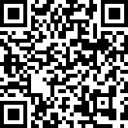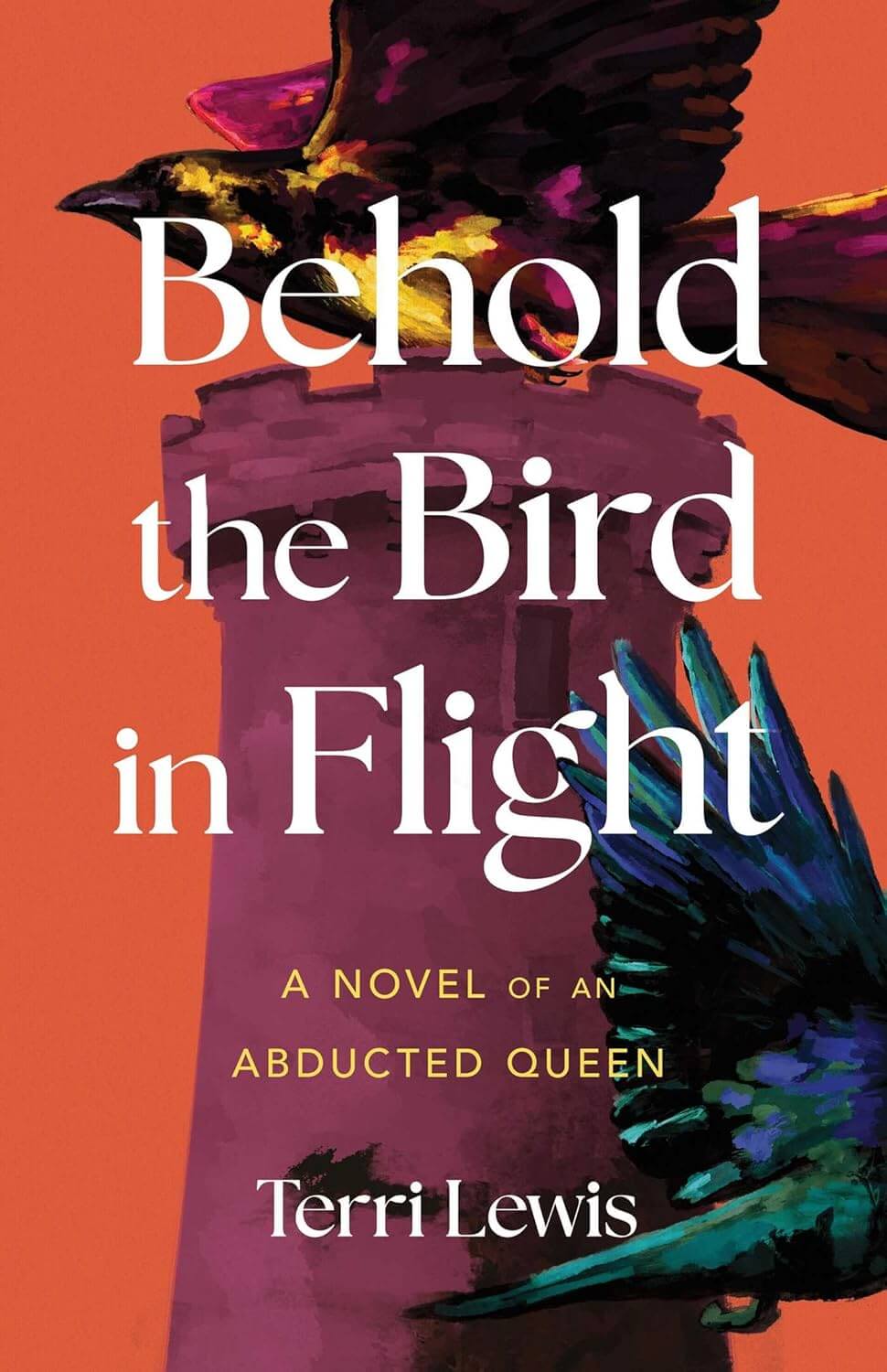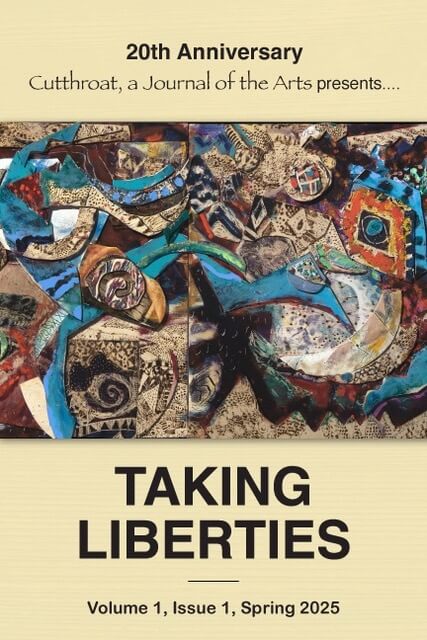Submission Guidelines
Rocky Mountain Reader welcomes all reader comments and emails. Send to editor Kathryn Eastburn at kathryn@rockymountainreader.org or to info@rockymountainreader.org. We cannot promise a personal response due to small staff and high volume of emails.
Book Coverage: If you are an author with a Colorado connection and want your book considered for review, please contact the editor with full publication information (publisher, publication date, ISBN, publicity contact). We’re a nonprofit organization with a small staff and limited resources, so except in the case of poetry collections, the titles we consider for review should be traditionally published unless you or your readers can make a strong case for your self-published or subsidy-published books of any kind.
Poetry: We print poetry by invitation only, generally in the form of a book excerpt. Please don’t send unsolicited poetry submissions.
Essays: We welcome original essay submissions from anyone with a Colorado connection, whether you’ve published a book or not. We’re interested in thoughtful, timely, pertinent, well-written essays that tell a true story in a compelling way. Send essays for possible publication to the editor and be sure to include a note explaining your Colorado connection. Ideal length is 800-1,200 words. We pay on publication: $150.
Review and Features Contributors: Rocky Mountain Reader operates on an assignment basis, and some reviews and features are assigned well in advance of publication and/or a book’s release date. If you’d like to contribute book reviews, please contact us with an email of introduction along with links to some of your published work. Reviews and Features generally range from 700-1,200 words in length. We pay on publication: $150.
Event coverage: We’re always eager to receive information about literary festivals, public conferences and other literary events of interest to readers across the state. Please send notices well in advance of the event with key information to the editor, marked Events Listings in the subject line. Provide: name of event, date, description, location and contact information as well as registration information if required.
Independent booksellers: All independent bookstores in Colorado are invited to submit their pertinent information—name, location, contact information, description of inventory and programs offered — to be published under our Independent Booksellers tab. Timely events at your store should be submitted separately, marked Events Listings in the subject line of your email. Send bookseller listings info to: kathryn@rockymountainreader.org or info@rockymountainreader.org. Bookseller listings will be placed at a cost of $10 per month, $50 for six months or $100 for an entire year with payment made to Colorado Humanities on behalf of Rocky Mountain Reader using the QR code below, or by sending a check, clearly marked ‘bookseller listings for Rocky Mountain Reader’ to: Colorado Humanities, 7935 E. Prentice Ave., Suite 450, Greenwood Village, CO 80111.

Support Rocky Mountain Reader
Newsletter Updates
Briefly Noted
Behold the Bird in Flight: A Novel of an Abducted Queen

Terri Lewis grew up in Colorado, was a ballet dancer with a German opera company and worked in a circus. It may come a surprise, then, that her debut novel is about the life of Isabelle d’Angoulême, the 11-year-old French noble abducted by England’s King John (yes, that King John—the Magna Carta and all), taken back to England and made queen. As the novel progresses, we realize that Lewis is also a trained historian and an excellent researcher with a passion for medieval times.
The narrative is lively and compelling. Drawing on scant primary sources and historical records, Lewis creates Isabelle as a rich, complex character. Lewis renders Isabelle’s development from a silly child into an effective queen and independent agent able to direct her own destiny, thus fashioning a believable heroine immersed in a believably detailed world.
The story opens in 1198. Isabelle is betrothed to Hugh de Lusignan, who is appreciative of her future dowery but smitten with someone else. Isabelle senses that something is amiss and decides to play at courtly love by flirting with the Plantagenet king. King John, in turn, is smitten by young Isabelle and spirits her away. Her childish fantasies of true love and life in a beautiful castle are quickly dashed when she discovers how cruel her new husband really is. The narrative, while centered on Isabelle, offers the changing perspective of Hugh, and it incorporates the historically well-known characters, Eleanor of Aquitaine (John’s mother) and Richard the Lion Heart (John’s brother) as secondary characters in the Plantagenet drama.
As was the case with most noble women in the 12th and 13th centuries, Isabelle is initially a mere pawn for the men around her—expected to bring her husband a rich marriage settlement and then breed heirs. Learning from the formidable Queen Eleanor, as well as from the exceptionally strong women from the servant classes, this coming-of-age story reveals a more nuanced path than one might initially expect. Isabelle’s increasing autonomy and her growing skill at navigating the complexities of the court and surrounding society make for an exciting read. Although the last few chapters seem a bit rushed, this novel will charm fans of historical fiction and remind us all of the many lesser-known women who have shaped history and, thus, ourselves.
— Perrin Cunningham




